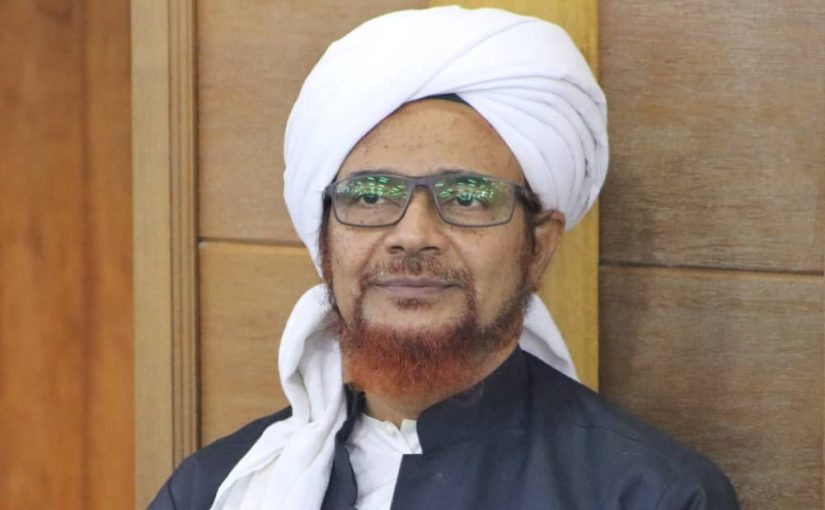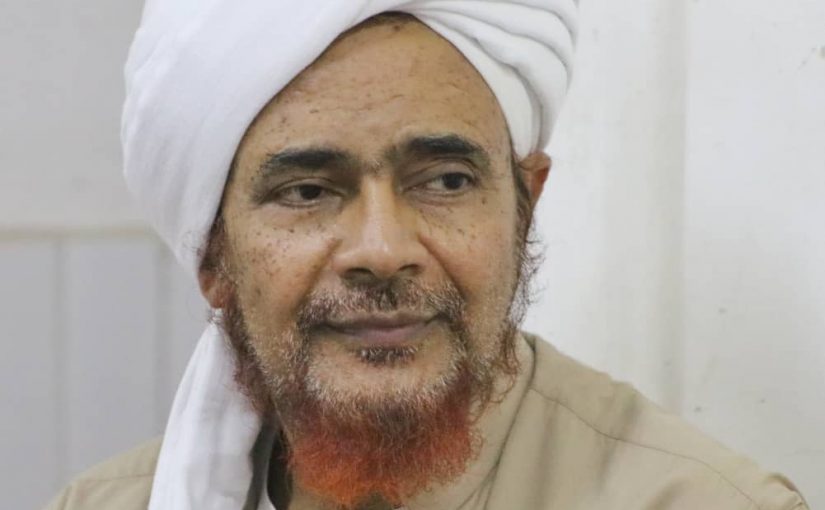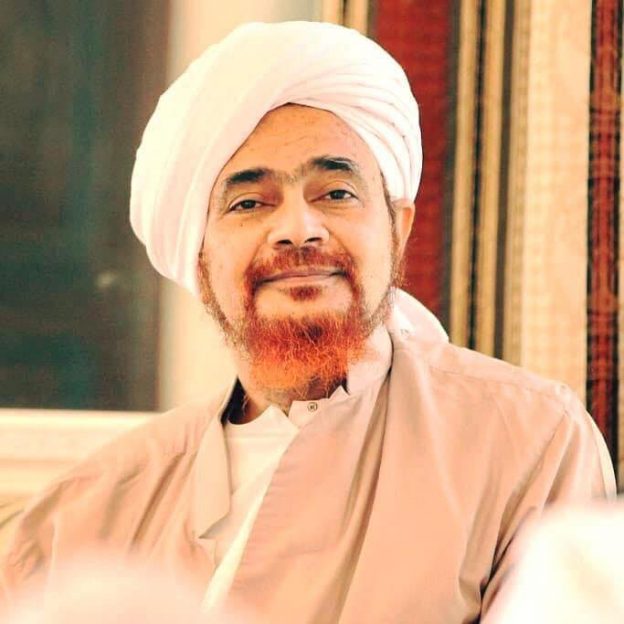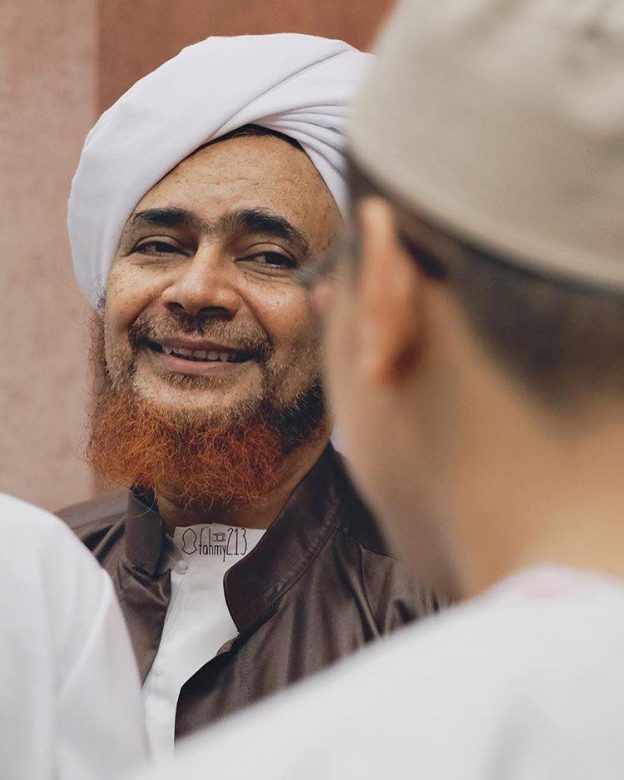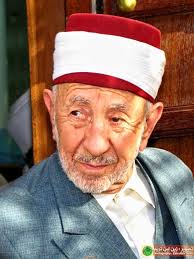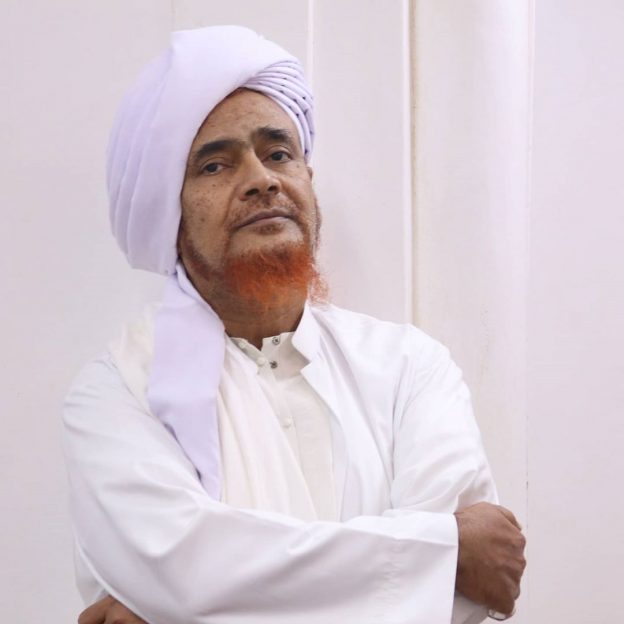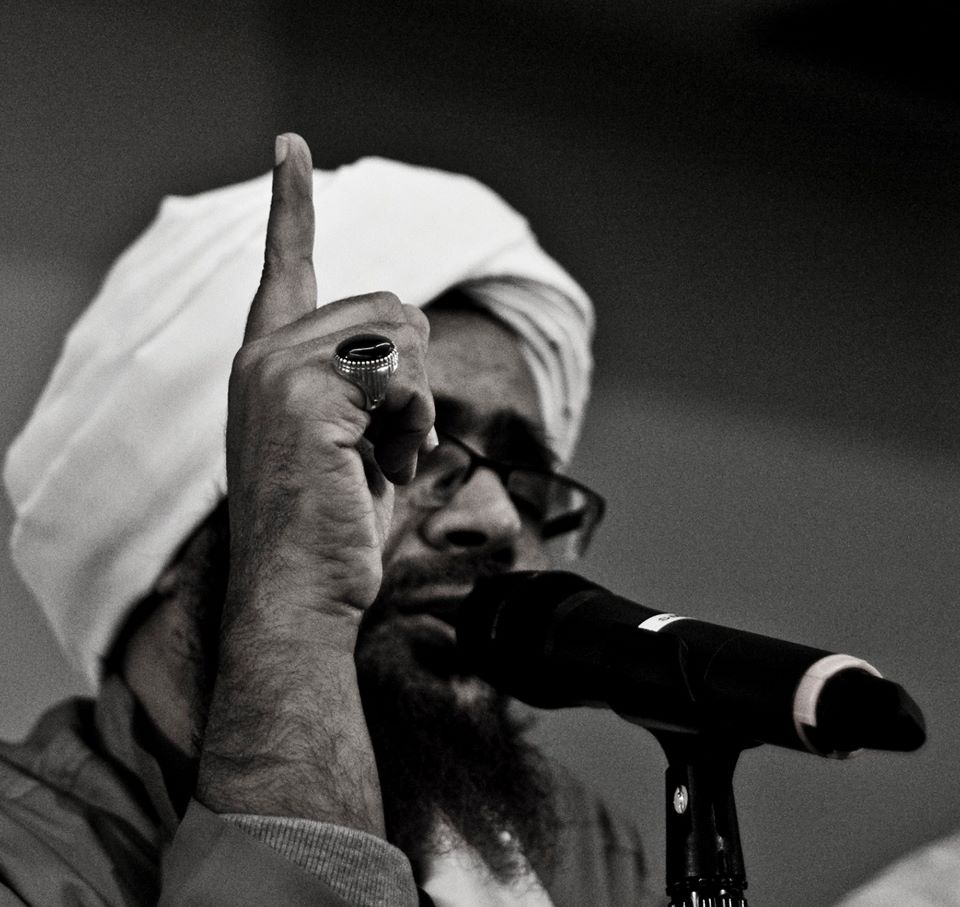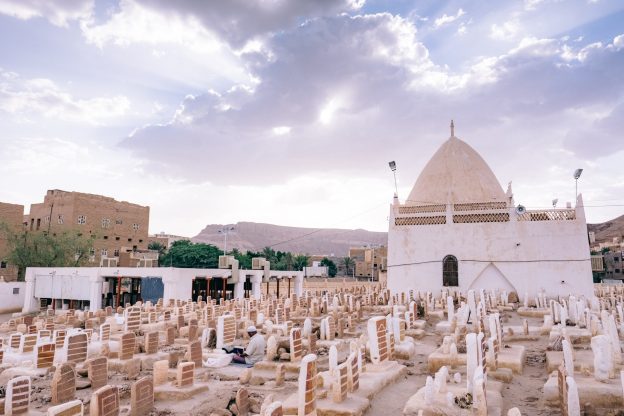Answered by Sayyidi Habib Umar bin Hafiz (may Allah protect him and benefit us by him).
If you see your shaykh in a dream, what does it signify?
For the seeker to see his shaykh in a dream is generally a sign of his connection to him. It may be accompanied by some advice, direction or encouragement from the shaykh. If this advice is clear and in accordance with the principles of the Sacred Law and the spiritual way, then he can act upon it. If it is not, he should not follow this advice and he should know that his lower self is to blame.
If my Shaykh gives me a certain dhikr in a dream should I start reciting it?
This follows the same principle as anything else that is received in a dream, such as advice or instructions: if it is in accordance with the methodology of the Shaykh, then you should act upon it without hesitation.
If, however, it is not in accordance with the methodology of the Shaykh, then you should not act upon it and instead should consult the Shaykh.

